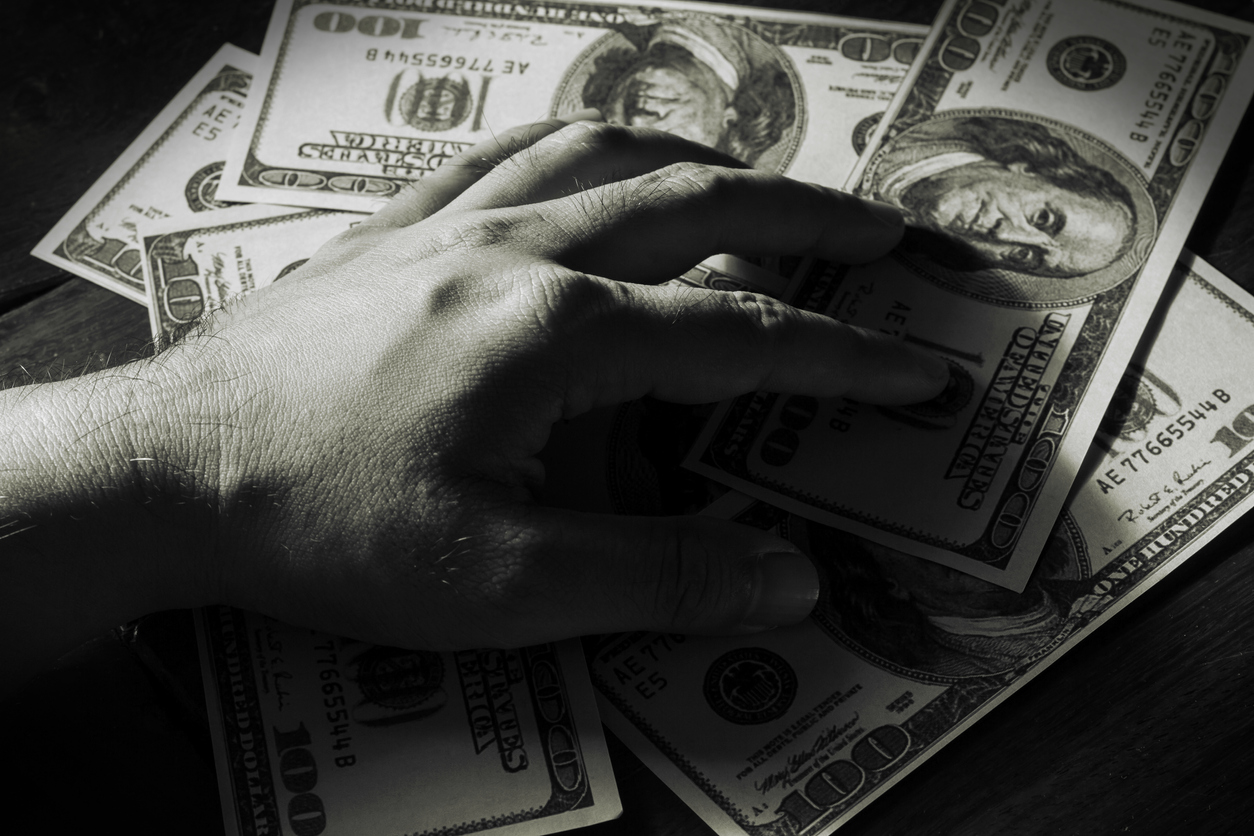Many politicians and staff at government agencies seem to believe public dollars and resources are theirs to use to achieve whatever policy goal they believe is important. Here is a small, but emblematic, example of how the state functionally put a tax on chicken and tuna and then spent the money without any legislative oversight.
Consider this scenario. You return to your car to find your catalytic converter has been stolen. After reporting it to the police, you are pleased to find out that they have uncovered the criminals who took it along with many others. The criminals have $40 million in cash.
However, instead of using the money to provide you with compensation, prosecutors tell you that your salary is too high and you won’t receive any of the money. Instead, they will send $120 to anyone who makes less than 175% of the Federal Poverty Level, whether their catalytic converter had been stolen or not.
This would obviously be a miscarriage of justice. Victims would be ignored but those who had never been victimized would get a check. Rather than use the proceeds of the crime to pay for restitution, it is seized by politicians to pay for an entirely unrelated policy goal.
That is exactly what the Washington State Attorney General is doing with money received in settlements with companies that sell chicken and tuna. Lawyers in the Attorney General’s office sued “major chicken and tuna producers asserting they conspired to increase prices consumers pay for their products.” The cases were settled, resulting in a pool of $40 million.
To be eligible to receive a check of $50 for individuals or $120 for households with two people or more, the only requirements are that applicants “must currently reside in Washington and the consumer’s household income must be no greater than 175% of the federal poverty level,” which is $52,500 per year for a family of four. You don’t need to prove you ever bought tuna or chicken. If you have receipts showing you purchased cases of tuna or chicken, but you make too much, you are out of luck.
The explanation claims, “These eligibility requirements are designed to ensure that this money goes to those Washingtonians most impacted by the corporations’ illegal conduct.” That seems spurious since there is no effort made to determine who was actually victimized.
Letters send over the Attorney General's name and signature have been sent to thousands of Washington residents claiming, “Hardworking Washingtonians cannot afford to be cheated by large corporations.” But many who the AG claims were cheated are being cheated by his office.
Functionally, this is equivalent to the state government taxing tuna and chicken and using the revenue to send to people below 175 of the poverty level. The companies charge a bit extra, the state seizes that additional amount, and then uses it however government lawyers decide.
Instead of returning money they say was stolen, the Attorney General’s office is simply taking that stolen money and giving it away with no legislative oversight and only the flimsiest connection to the crime.
Some will certainly say that sending checks to low-income families is worthwhile and should be supported. Then why not have the legislature provide the support? If $120 is going to make a difference for families, that seems to be an indictment of the legislature’s priorities.
This is far from the most significant example of politicians using money for their purposes rather than in the service of justice or the public interest. But it is at the margin that norms and safeguards are eroded. If we wouldn’t allow police or prosecutors to hand out money to whomever they choose when it is seized from the theft of catalytic converters, why would we ignore it when the money comes from the sales of tuna?
I hear a lot of concern about the threat to democratic norms at the federal level. If we are serious about stopping those threats, we need to be rigorous in upholding democratic norms in our own backyard.




